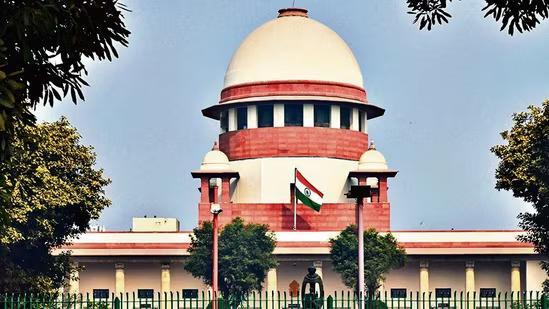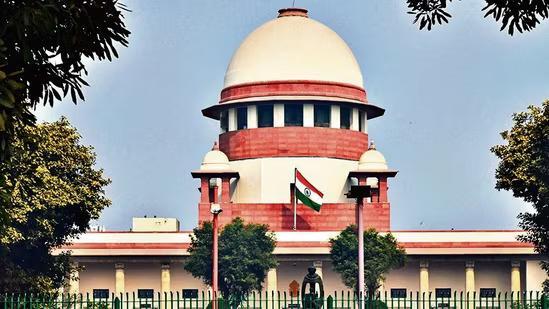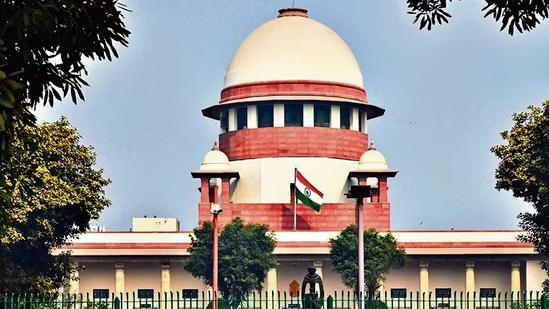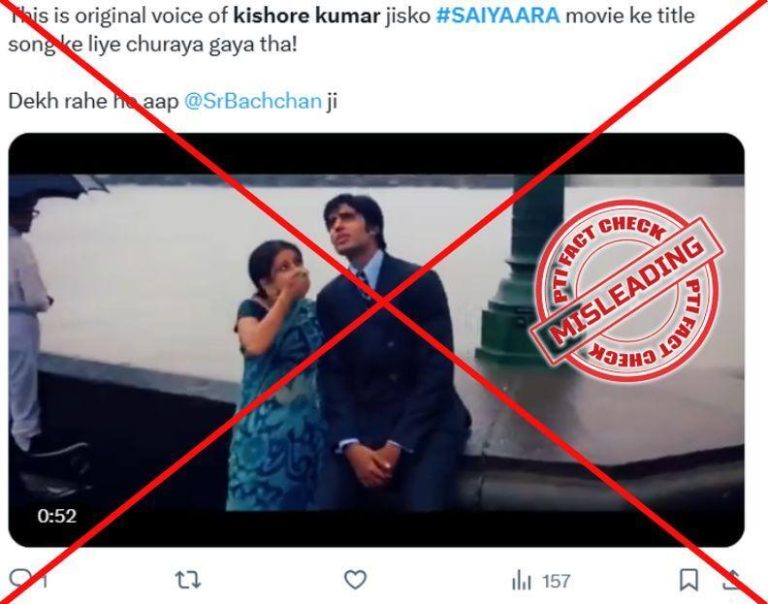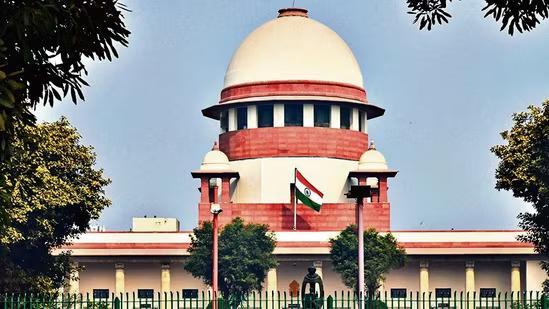
No Action Against Owners of 10 & 15-yr-old Diesel & Petrol Vehicles for 4 Weeks: SC
The Supreme Court has given a breather to the owners of over 10-year-old diesel and 15-year-old petrol vehicles in Delhi, stating that no “coercive” action will be taken against them for four weeks. This ruling was passed in response to an application filed by the Delhi government, which challenged the ban on these vehicles as a pollution control measure in the capital.
The Delhi government had approached the Supreme Court, seeking a stay on the ban on old vehicles, which was imposed by the National Green Tribunal (NGT) in 2015. The NGT had directed that all diesel vehicles older than 10 years and petrol vehicles older than 15 years should be taken off the roads to reduce pollution in the city.
The Delhi government contended that the ban was not feasible and would cause inconvenience to the public. It also argued that the NGT’s order was not based on any scientific study or data, and that the government was not given sufficient time to implement the ban.
The Supreme Court, while hearing the application, took into account the difficulties that the public would face if the ban was enforced immediately. It observed that the Delhi government was making efforts to improve the public transport system and increase the use of electric vehicles, but that it would take time to achieve these goals.
The court also noted that the ban was not a blanket order and that some old vehicles could be allowed to ply on the roads subject to certain conditions. It directed the Delhi government to come up with a proposal to identify such vehicles and to ensure that they meet the required emission standards.
In the meantime, the court stayed the NGT’s order and directed that no “coercive” action would be taken against the owners of old vehicles for four weeks. This means that the owners of these vehicles will not be fined or prosecuted for violating the ban during this period.
The Supreme Court’s ruling has been welcomed by the owners of old vehicles, who were worried about the financial implications of the ban. Many of them had also expressed concerns about the availability of public transport in the city, and had argued that the ban would worsen the already poor air quality in Delhi.
However, environmental activists have criticized the court’s decision, arguing that it is a setback for efforts to reduce pollution in the city. They point out that old vehicles are a significant contributor to air pollution in Delhi, and that the ban was necessary to improve the city’s air quality.
The Delhi government has also expressed disappointment with the court’s decision, saying that it will have to review its plans to improve the public transport system and increase the use of electric vehicles. The government had hoped to reduce the number of old vehicles on the roads by 50% by 2025, but this goal may now be difficult to achieve.
In conclusion, the Supreme Court’s ruling has given a temporary reprieve to the owners of old vehicles in Delhi, but it has also raised concerns about the city’s air quality. The Delhi government will need to come up with a new plan to reduce the number of old vehicles on the roads and to improve the public transport system. Meanwhile, environmental activists will continue to push for stricter measures to reduce pollution in the city.
